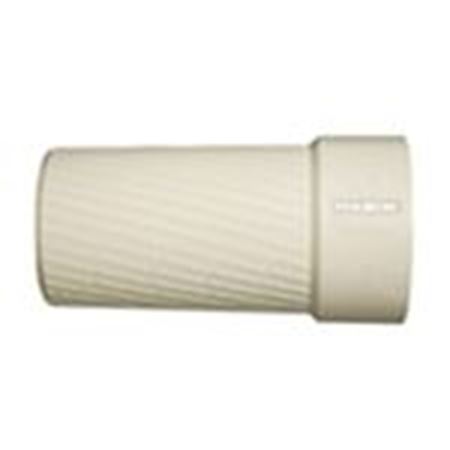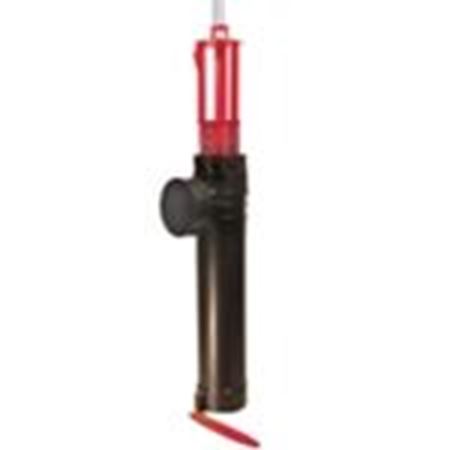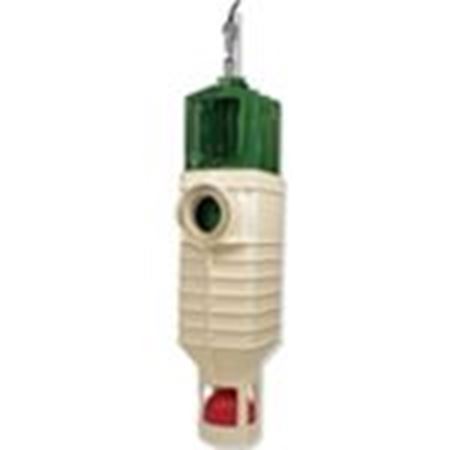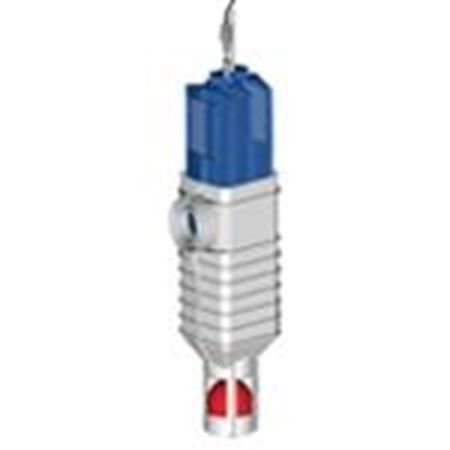
Polylok Effluent Filters
Polylok® effluent filters are designed to prevent solids discharge from septic tanks, grease traps or wastewater treatment processes. These effluent filters provide a relatively inexpensive method for collecting solids that may otherwise be discharged from the holding tank or wastewater system. Whatever the application, we have a filter that will meet your wastewater filtration needs.
Overview
Polylok has been focused on delivering innovative products and solutions to the precast, drainage and onsite water industries. Polylok has been the first to market with an array of products, including effluent filtration, to improve the overall wastewater industry.
Effluent Filters
In 1999, Polylok introduced their PL-122 Filter. This filter was designed for residential or light commercial use. What makes this filter unique is it has a patented filter ball that serves two key purposes. First, it deflects gases in the tank and second, it automatically inhibits the flow of solids into the leeching fields when the filter is removed for cleaning.
In 2004, Polylok introduced two new effluent filters. The PL-68 and PL-525 were developed in response to customer requests for both a residential filter and a high-end filter. The PL-68 filter is ideal for residential use and may be a requirement in the future as ASTM considers making filters a prerequisite. The PL-525 is designed for heavy-duty applications, offering 525 linear feet of filtration. The Extend & Lok product enables pumpers to easily fit or retrofit a filter into new or existing septic tanks. This is the first product of its kind. The Extend & Lok is so easy to use and offers a simple solution to a very common and frustrating problem.
In 2005, Polylok expanded the filter line to include the PL-625 with 1/32" filtration; this is the largest commercial filter on the market today
Septic Tank Effluent Filters
Septic tanks are designed to retain solids enter the holding tank. Some of these solids are suspended in the effluent (TSS) and can discharge down stream causing excessive biomat. Excessive biomat in a leach field can significantly shorten the life of a septic system. By installing a septic tank effluent filter in the tank on the outlet pipe to the leach field, many of the suspended solids will not pass to the drain field lines. The filter can easily be cleaned on a routine maintenance cycle and placed back into septic tank until the next inspection.
Grease Trap Effluent Filters
Restaurants and commercial operations typically discharge large amounts of total suspended solids (TSS) and fats, oils, and grease (FOG) that can greatly reduce the capacity of the public sewer systems and treatment facilities downstream. Restaurants in rural areas can have grease traps with leach field systems that can quickly be overloaded with FOG and TSS. In tank grease trap effluent filter installation is designed to reduce FOG and TSS components of the effluent leaving the grease trap thereby improving the overall “quality” of the effluent. Our PL-625 effluent filter has been shown to reduce FOG by as much as 60% to 98%. The filter may be used in onsite wastewater systems that require a finer level of TSS removal.
Wastewater Treatment Effluent Filters
Our effluent filters prevent suspended solids from leaving holding tanks in multiple wastewater applications. They can be used in septic systems, grease traps and small or decentralized wastewater treatment systems. We recommend that effluent filters be installed on all on-site aerobic wastewater treatment units.
Each of our effluent filters are rated for a daily flow in gallons per day (GPD), filter area in linear feet of filtration, and particulate size making it easy to select the filter for your wastewater needs. All of our wastewater effluent filters are designed to be serviced on a routine maintenance cycle and many filters can be adapted with a filter alarm. The filter alarm switch activates when the filter cartridge is near capacity on solids that have built up through the filtering process.









